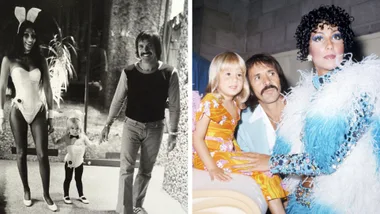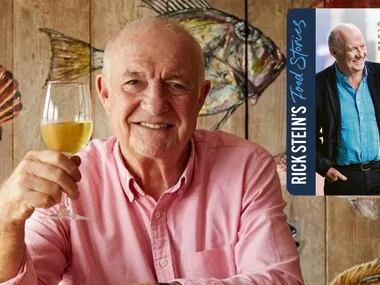Two young lovers – one Indian, one Welsh – fall in love, sparking a lifetime of challenges, children and courageous rebellion, with a vow to “rattle the cage of the world”.
The Salman Rushdie endorsement on the cover does this charming, gentle love story a disservice. Not because it isn’t “captivating”, as Rushdie notes – it certainly is – but because the only comparison with Rushdie is that this is written by an Indian author.
The Pleasure Seekers(by Tishani Doshi, Bloomsbury, $29.99) is a fabulous whirlwind of a cross-cultural family saga, which paints London in the swinging ’60s and contrasts the mores of uptight Madras with those of closed-in Wales. Tishani Doshi, who started her literary career as a poet, woos with her words, which combine dreamy lyricism with a pleasingly readable and slightly comic undercurrent of grounded cynicism.
The novel opens in 1968, when Babo Patel is flying from Madras to London to further his education and make his family proud. He is warned he will encounter mindless racism, but instead finds his greatest challenge is the inedible food. He falls head over heels in love with voluptuous Welsh beauty Sian. The lovers revel in their freedom away from parental supervision and indulge in weekends of passion – until Babo’s parents find out and trick him into returning to India.
Once back home, Babo is told he must renounce Sian. Yet he is truly smitten and stages his own protest by retiring to his beloved grandmother’s and growing a long beard. Eventually, his parents decide that if Babo and Sian are still in love in six months, Sian can come out to India to be married, live with her in-laws and stay for two years, before being granted their freedom. So the challenge is set and, against the odds, love conquers, sparking the romantic haze that binds this tale.
There are superb vignettes when Sian begins to unlock the secrets of Indian life and Babo is taken back to Wales to fight his own battles of acceptance. When the couple have two daughters, their world is complete. Yet, while Babo wants to return to London to raise his family, Sian realises her brood truly belongs in mystical India. The pair wants to “rattle the cage of the world”, but behind their brave rebellion is a doleful sense of displacement.
Their tale will have resonance with any immigrants who may unknowingly mourn their motherlands the moment they embrace life in a new country. It is thought-provoking threads like this, coupled with romantic writing, which make this book such a pleasure.










